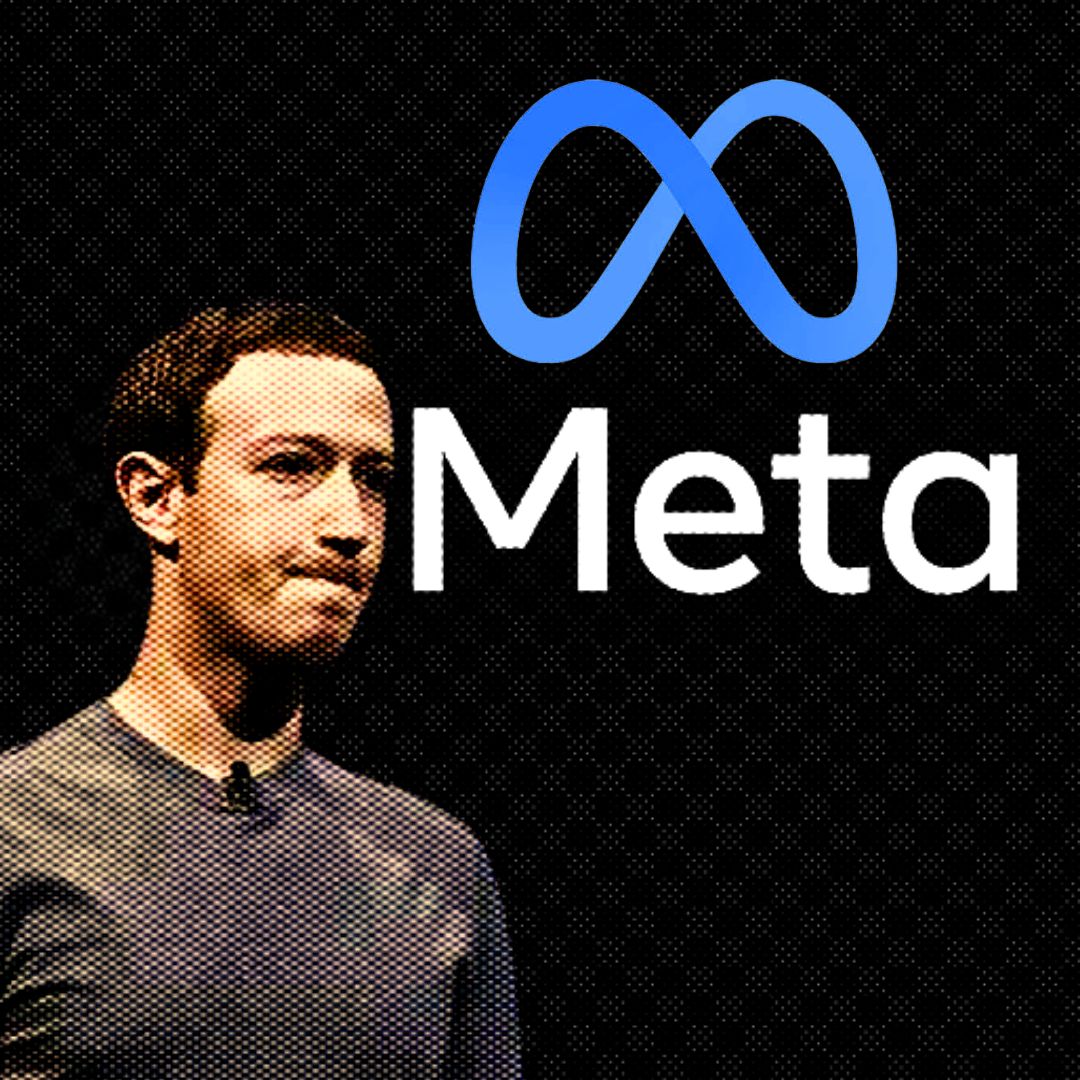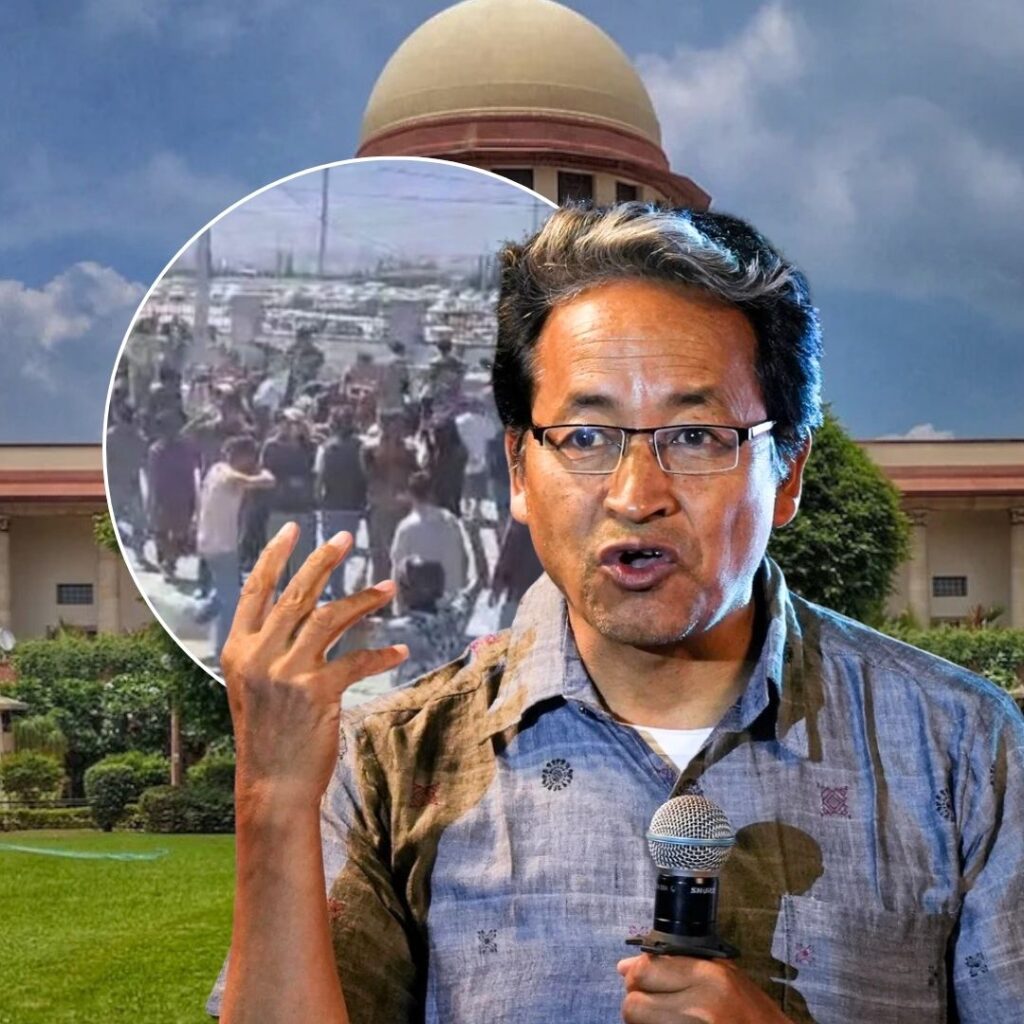Meta India issued a formal apology on Wednesday for CEO Mark Zuckerberg’s controversial statement about India’s 2024 elections, acknowledging an “inadvertent error” in claiming the incumbent government lost power due to pandemic management.
The incident sparked immediate political reactions and raised questions about global tech leaders’ understanding of India’s democratic processes.
Political Controversy Deepens
During a recent Joe Rogan podcast episode, Zuckerberg incorrectly suggested that many governments, including India’s, were voted out of power following the Covid-19 pandemic. The statement triggered immediate pushback from Indian political circles, with Union Minister Ashwini Vaishnaw and BJP MP Nishikant Dubey strongly condemning the remarks.
Meta India’s Vice President Shivnath Thukral quickly intervened, clarifying that the statement was factually incorrect and did not reflect the political reality of India’s robust democratic system. Sources close to the matter revealed that the company was keen to prevent any potential diplomatic fallout from the misstatement.
Institutional and Digital Diplomacy
The incident exposed the delicate relationship between global tech platforms and national political narratives. Parliamentary Standing Committee on Communications and Information Technology, chaired by Nishikant Dubey, initially considered summoning Meta representatives for spreading potentially misleading information. However, the company’s prompt apology and clarification appeared to mitigate immediate tensions.
Digital experts noted that such statements from high-profile tech leaders could potentially influence public perception and electoral discourse, highlighting the need for responsible communication in the digital age.
The Logical Indian’s Perspective
This episode underscores the critical importance of accuracy and cultural sensitivity in global communication. It raises fundamental questions about the responsibility of tech leaders in representing complex democratic processes. How can we create more robust mechanisms to ensure that influential global figures understand the nuanced political landscapes of diverse democratic nations?
Moreover, what role can responsible journalism and digital platforms play in preventing the spread of potentially misleading narratives about electoral processes and national governance?












